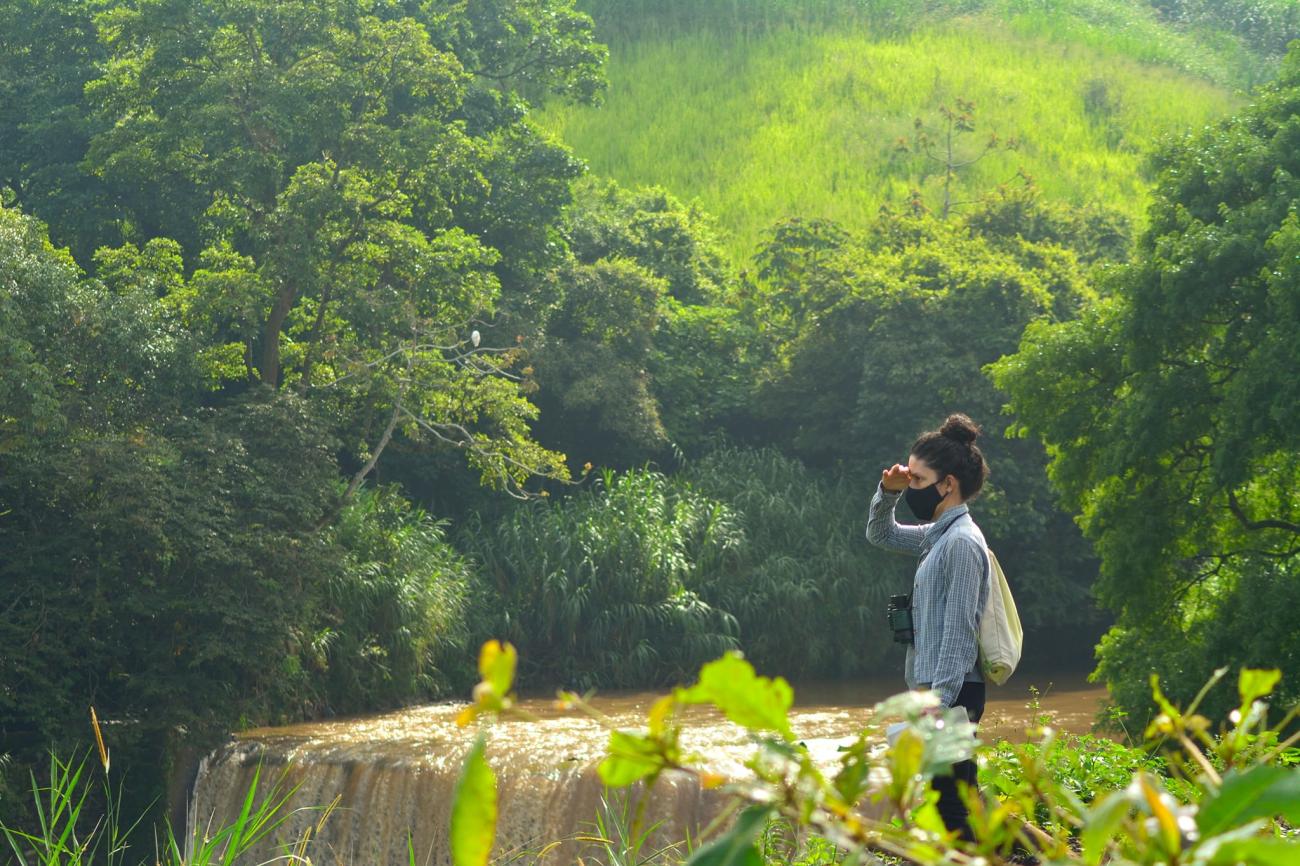Costa Rica’s main attraction lies in the opportunity to immerse oneself in nature and witness biodiversity in all its splendor. National parks, biological corridors, nature reserves, and other protected areas attract millions of tourists each year. As travelers increasingly seek authentic vacation experiences, sustainable tourism has surged in popularity. For years, Costa Ricans have championed a tourism model that not only harmonizes with nature but also ensures its protection.
Although small in size, Costa Rica’s remarkable biodiversity enables it to compete with much larger destinations, drawing visitors from around the world. The country’s tourism promotion campaigns have been so successful that the industry now contributes 8.2% to Costa Rica’s Gross Domestic Product (GDP).
However, despite the country’s efforts to maintain sustainable tourism, it has not been immune to the threats posed by mass tourism. Since the COVID-19 pandemic, the sector has yet to fully recover, and Costa Rica’s broader economy has also struggled. Inequality and poverty have increased, and unemployment remains a significant issue for many citizens.
With limited sources of income, rising living costs, and minimal support, many locals are turning to more profitable activities that don’t align with sustainable practices. For example, illegal lodging has become common, driven in part by rapid growth in the construction industry.
Unfortunately, conservation often doesn’t pay as well as private sector industries, and many people, struggling to meet basic needs, are forced to prioritize profit over sustainability. Local authorities must strengthen prevention plans, promote job creation, and stimulate the economies of rural areas.
While some argue that increasing the number of visitors could help, mass tourism doesn’t appear to be the solution. In cities across the globe, residents are protesting against the impacts of unchecked tourism.
Ecosystems are fragile and cannot endure unregulated or excessive visitation. Strict guidelines need to be established and enforced to ensure that nature can be preserved for both locals and tourists to enjoy. This reality has been recognized by Costa Rican government officials, who understand the risks associated with uncontrolled growth.
Tourism business owners advocate for greater community inclusion and integration into the tourism value chain. They have also raised concerns about promoting cruise ship tourism, arguing that its profits benefit only a few while offering little to local communities or the environment.
Source link
Tico Times



